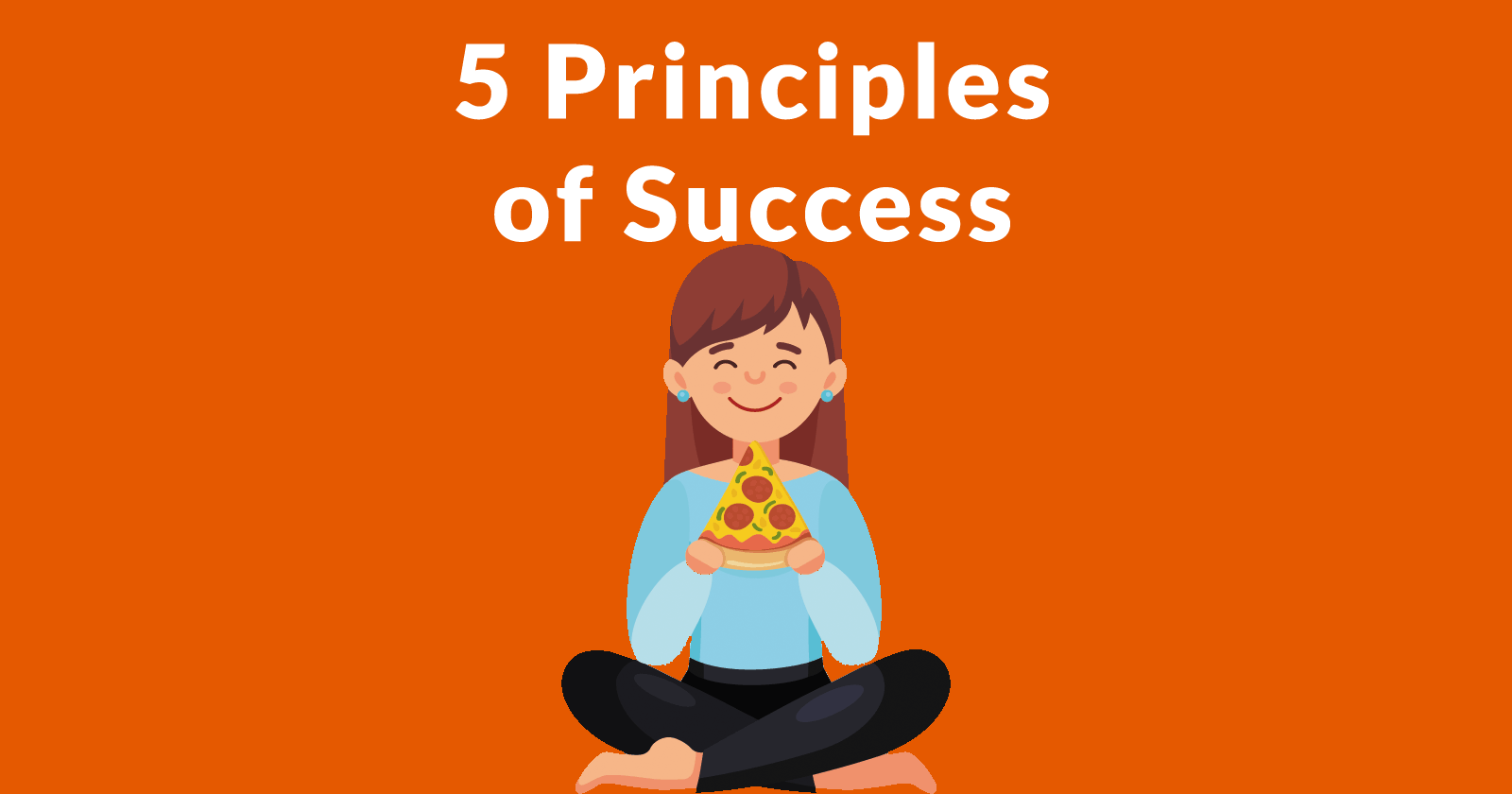Google Play published a study that revealed the qualities of what makes users stick with an app. What they discovered were five principles that are applicable not just for apps but for any Internet business and website.
Here is how Google describes the five insights and you can judge for yourself if they have value for your business:
With the research we’ve managed to identify 5 principles for developers, based on how users engage, what they value the most and what keeps them coming back to certain apps vs abandoning others.
Five Principles for Success
What the study revealed was that there were five principles for success that were divided by two categories. One category were principles for survival. The second was principals for thriving.
Survival Principles
- Principle 1:
Be clear about who you are - Principle 2:
Be intuitive and reliable
Principles For Thriving
- Principle 3:
Don’t stand still or run too fast - Principle 4:
Be part of the user ecosystem - Principle 5:
Personalize while keeping the user in control
Principle 1: Be Clear About Who You Are
Google explains that their research discovered that delivering a clear first impression that communicated what you do and what you deliver matters. It was discovered that communicating how you benefit the user was critical.
An interesting insight was how those qualities tended to help create an emotional connection with the user.
Here is what Google discovered:
“61% of users agree that they feel closest and most engaged with apps that have:
- An appealing interface
- A distinctive icon design
- A relatable tone of voice
- A good brand reputation
- A suitable personality”
That last one about personality is somewhat vague. Perhaps they mean the tone, formal or familiar, that is used to communicate with the user?
Principle 2: Be intuitive and reliable
This principle relates to being easy to use and how that leads to regular use. This relates to how easy something is to use. Ideally, one shouldn’t have to read a manual to figure you out.
And if they do, then things like tool tips, size of buttons and colors that stand out help guide a user to getting things done.
Principle 3: Don’t Stand Still or Run Too Fast
This is a good one. Change is good only when it is an improvement to the user experience in some way.
There is another element in that people don’t like for things to stay the same. They tend to appreciate a steady evolution but not a radical change so that they don’t recognize the app (and I would say the website anymore).
My personal experience is that users like change if it serves their purpose. Sometimes the change can be visually dramatic. I soften the impact by involving users in the upgrade process. I select specific site visitors who I know to give me opinions on upcoming changes.
For this I will stage a different version of the website and give them permission to use it. The input has been invaluable. Hearing what your actual users think and feel is eye opening. It gets you out of your box and better able to see what you are doing, to map a better direction.
Here is how Google describes it:
“Providing new content, such as video and audio, and developing new features, like tools and services, is crucial to drive and sustain user interest in an app over time. If an app is slow to evolve with new offerings, it starts to feel stagnant – and users will start looking for better alternatives.”
Change and evolution appear to be important to users. Something to consider.
Principle 4: Be Part of the Users’ Ecosystem
This is an interesting finding in that it highlights how an app (or a website/online business) can benefit from providing features that allows a user to share their experience or information with others.
Humans are social beings so it makes sense that things that connect them with others will be judged useful and in a positive light.
Here is what Google discovered:
“…when an app helps users connect to other people, its perceived value increases and users build a more emotional relationship. An app that can embed itself smartly within the user’s wider tech or life ecosystem is less likely to be replaced.”
Principle 5: Personalize While Keeping the User in Control
This principle is about personalization. I have to admit that I have thought about this factor, to give users freedom to change their experience to something they prefer. For example, I enjoy personalizing my browser so that it behaves in a manner that I prefer.
Wouldn’t it be cool to be able to make your favorite website uniquely your own, so that it behaved the way you wanted it to? Something to think about.
Here is how Google’s report described it:
“Personalization, whether via an app learning about user behavior or a user adjusting the settings on their own, makes users more emotionally attached to an app over the long term. Personalized apps are more valuable for the user – perceived as more tailored to their needs and embedded in their lives. And hence, they are less likely to switch to alternatives. But keep the user aware and engaged, so they don’t feel like they’re losing control of how the app is changing.”
Takeaways
This report was focused on apps. However many of the findings are applicable to websites and online businesses, too. Sometimes there is value in gaining insights from something different. In this case it’s finding insights from how people interact with apps.
Read Google’s report: Survival of the Fittest – How Apps Can Survive and Thrive





